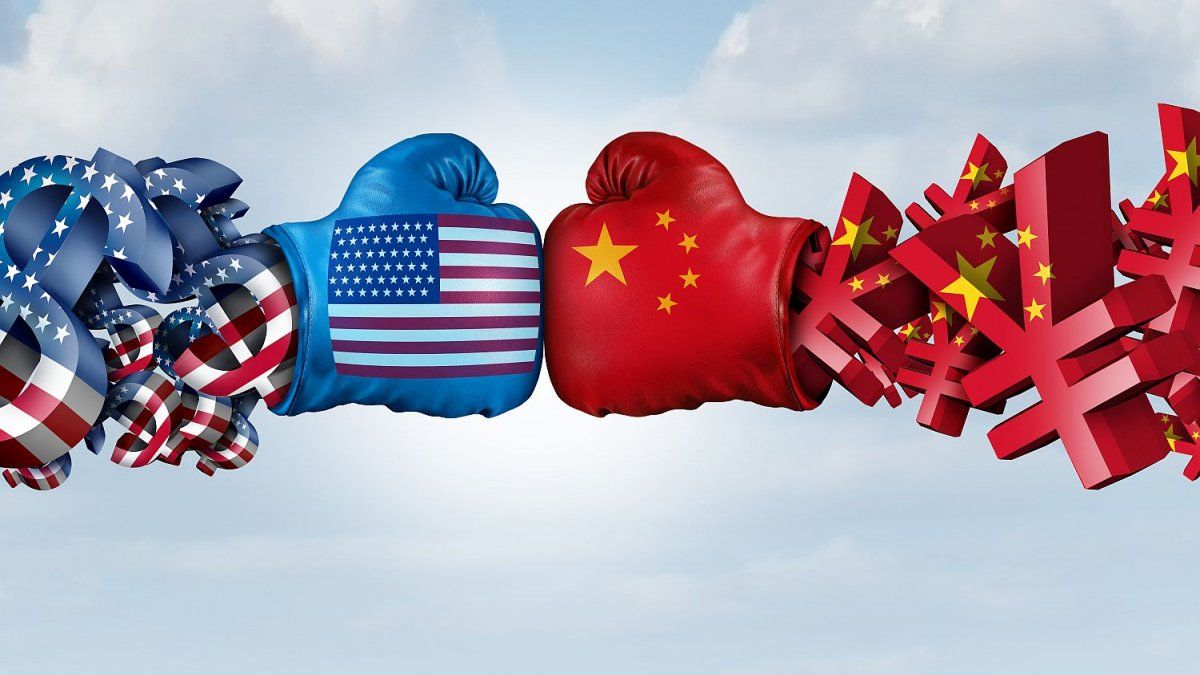China seeks to contain the impact of the commercial war
The Chinese economy, which still fights to recover from the impact of pandemic, faces the challenge of a new escalation in commercial tensions with the US. The possibility of more tariff restrictions generates uncertainty in foreign companieswhich had already been expressing concerns about stricter regulations, repressive measures against foreign signatures and an environment that favors Chinese state.
“We need to work together to maintain the stability of the global industry and supply chains, which is key to the healthy development of the world economy,” said the Chinese leader in a Meeting with senior executives of companies such as Astrazeneca, Fedex, Saudi Aramco, Standard Chartered and Toyota.
The event, which was attended by about 40 managers, lasts 90 minutes. Seven companies were selected to actively participate in the discussion, according to sources close to the organization of the meeting.
The CEOs and business diplomacy
The meeting was held in a horseshoe, with the CEO of Mercedes-Benz, Ola Kallenius, and Raj Subramaniam, of Fedex, located in front of XI. Among the outstanding attendees were Georges Elhedery (HSBC), Kwak Noh-Jung (SK Hynix), Amin Nasser (Saudi Aramco) and Toshiaki Higashihara (Hitachi).
“This meeting is a clear example of business diplomacy. It is no longer just a dialogue between states or entities such as WTO, but a diplomacy led by Companies representing key sectors“explained Frank Bournois, vice president of the Chinese-Europa International Business School in Shanghai. However, he warned that the success of the initiative will depend on concrete actions and not only on statements.
Fall of foreign investment and tensions with the US
In recent months, China intensified its meetings with foreign executives after revealing that foreign direct investment fell by 27.1% year -on -year in 2024the largest decline since the financial crisis of 2008.
“Foreign companies represent a third of China’s imports and exports, a quarter of the industrial added value and a seventh part of tax revenues, in addition to generating more than 30 million jobs,” said the Chinese president in his speech.
The Renewed Commercial War with Trump aggravates this panorama. Washington announced new “reciprocal” tariffs that will take effect on April 2, impacting countries that impose barriers to US products. In March, the US imposed 20% tariffs on Chinese exports, causing retaliation of Beijing with additional taxes to US agricultural products.
“The essence of relationships economic and commercial between China and the United States It is mutually beneficial cooperation, “XI emphasized.
Despite diplomatic efforts, analysts warn that the way to restore business confidence in China will be challenging, especially with the political and economic uncertainty generated by Washington’s decisions.
Source: Ambito




